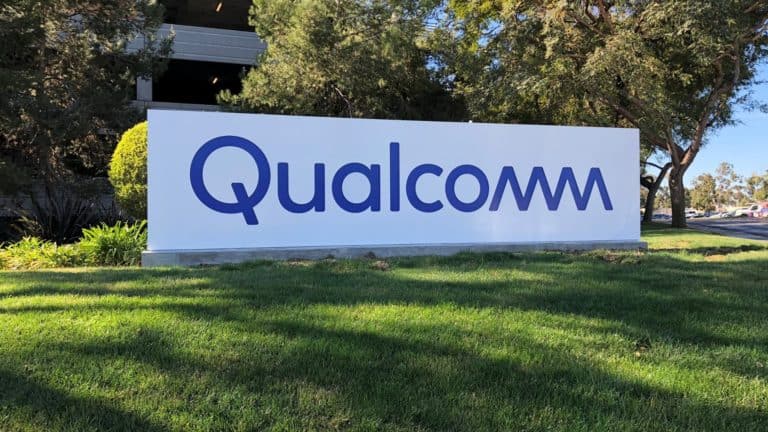The European Union has fined Qualcomm 242 million euros. The reason is that the company sold its chips at unreasonably low prices, hoping to harm competition.
The fine revolves around the older 3G baseband chips for mobile internet dongles. Europe conducted four years of research and discovered that Qualcomm sold the chips below cost to ZTE and Huawei. The chip manufacturer did this between 2009 and 2011, writes Silicon Angle.
According to the EU, Qualcomm did this as part of a strategy to force competitor Icera out of the market. At that time, Icera was a growing player and on its way to becoming possibly the largest supplier of baseband chips. ZTE and Huawei were also important potential customers. The EU now states that the substantially reduced prices for Chinese companies were deliberate and designed to do as much damage as possible to Icera, while minimising the impact on the company’s own turnover.
Damage for Icera and innovation
Icera was sold to Nvidia in 2011. Four years later, Nvidia decided to leave the market for baseband chips to focus on other markets.
Qualcomm’s strategic behaviour prevented competition and innovation in this market, and limited the choice available to customers in a sector with high demand and potential for innovative technologies, said Margrethe Verstager, EU Competition Commissioner.
Qualcomm intends to appeal against the fine. The company’s lawyer Don Rosenberg argues that the pricing strategy has not caused any damage to Icera. Icera was later acquired by Nvidia for hundreds of millions of dollars, and remained active in the relevant market for several years after the end of the claimed amount.
Second fine
This is the second time in eighteen months that Qualcomm has been fined by the European Union. In January 2018, the company had to pay a fine of 997 million euros for abuse of power. The chip manufacturer paid Apple billions between 2011 and 2016 to have fashion chips exclusively placed in iPhones and iPads. As a result, competitors were excluded. If Apple had chosen to use other chips, Qualcomm would have stopped paying.
This news article was automatically translated from Dutch to give Techzine.eu a head start. All news articles after September 1, 2019 are written in native English and NOT translated. All our background stories are written in native English as well. For more information read our launch article.